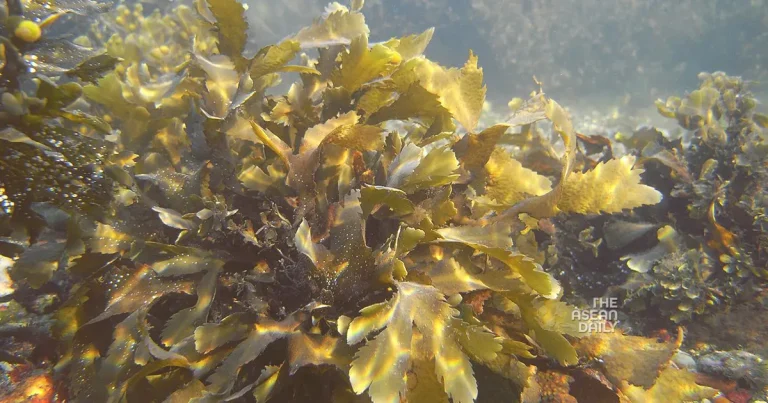2-11-2023 (JAKARTA) President Joko Widodo of Indonesia announced on Thursday (Nov 2) that the government will prioritize the development of a domestic seaweed processing industry, including its utilization for bioethanol production.
Speaking at a business conference, widely known as Jokowi, President Widodo stated his intention to implement downstream policies for various commodities, following the successful implementation of such policies for mineral resources.
In 2020, Indonesia, a country rich in natural resources, banned the export of nickel ore to encourage domestic processing. This move resulted in significant investments in smelters for metal production and facilities for extracting materials used in electric vehicle batteries.
President Widodo emphasized that the downstream policy will also be applied to agricultural products such as seaweed, considering that Indonesia is the world’s second-largest producer of this marine resource.
“Seaweed can be used not only for pharmaceutical and cosmetic purposes but also for the production of bioethanol,” President Widodo stated.
He further revealed that Indonesia’s seaweed output for this year is estimated at 10.2 million metric tons, with the majority being exported in its raw form.
While bioethanol is typically produced from sugar molasses, specific types of seaweed have been promoted as alternative feedstock for the renewable fuel.
Indonesia aims to enhance its bioethanol production capacity as part of its goal to increase the share of renewable fuel in its energy consumption.
Currently, Indonesia mandates the use of biodiesel known as B35, which contains 35 percent fuel derived from palm oil. However, the use of a bioethanol blend in gasoline has not been mandated due to limited sugar supply.
Authorities have also suggested exploring cassava as a potential source for bioethanol production, expanding the options for renewable fuel feedstock.




